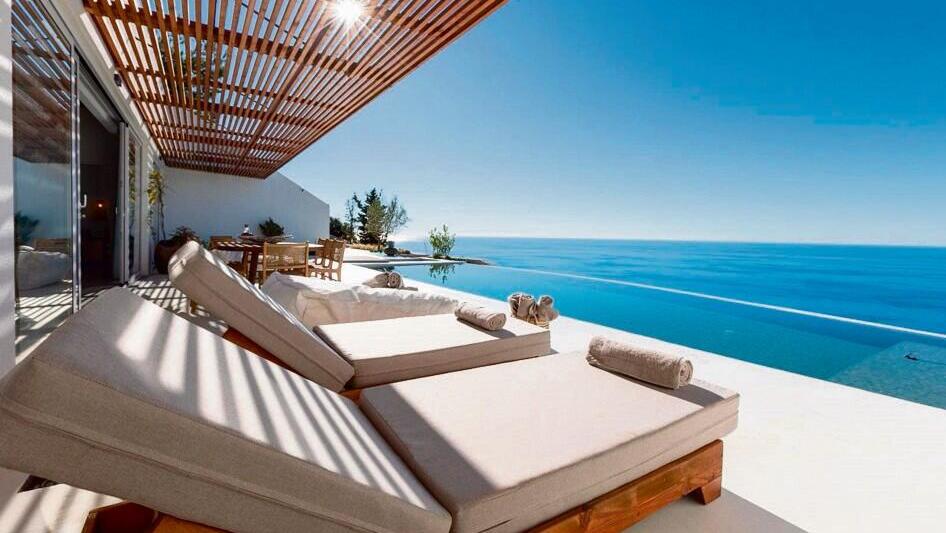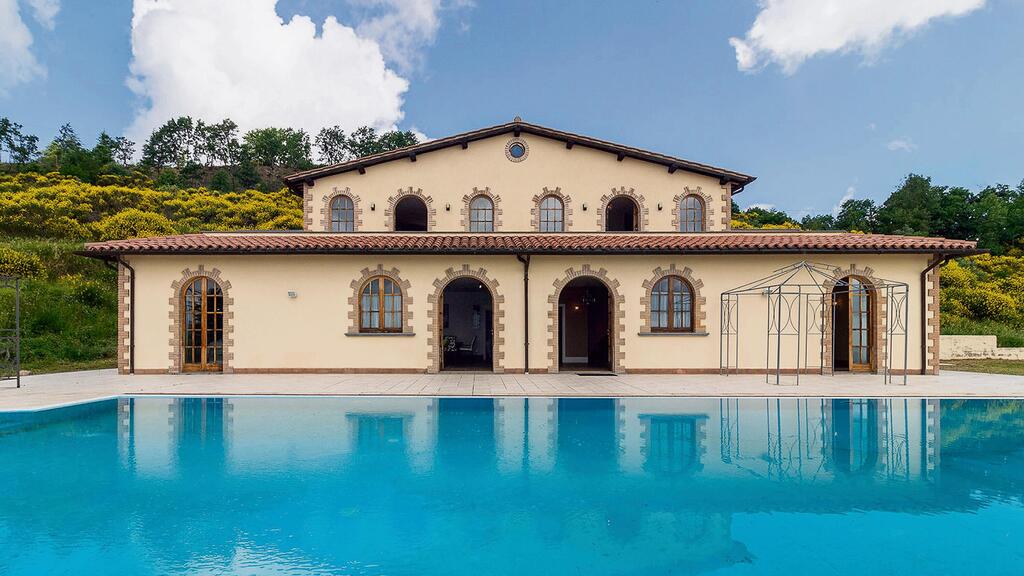Getting your Trinity Audio player ready...
A panoramic-pool castle in Tuscany, a villa overlooking the bay on Greece’s Lefkada Island, or a spacious home in Austin, Texas — these are the kinds of properties that can be purchased worldwide for NIS 2.6 million ($715,000), the price of an average apartment in the outskirts of Tel Aviv’s metropolitan area.
Real estate has long been a national obsession in Israel. It’s not just about returns and leverage — it’s about the emotional gap between feeling like a winner or a fool and complaining along the way.
A common refrain in discussions about the high cost of living is wondering what kind of home the same amount of money could buy elsewhere — somewhere quieter, greener, without the need for a reinforced safe room, where groceries cost less and traffic jams and terror attacks aren’t part of daily life.
For comparison, we looked at an average apartment in an average city in the Tel Aviv metro area: a 2.6-million-shekel property in Petah Tikva’s Hadar Ganim neighborhood. The 88-square-meter (947-square-foot) apartment has four rooms, sits on the fifth floor of a six-story building and includes a safe room, balcony, elevator, air conditioning in every room and two renovated bathrooms.
Get the Ynetnews app on your smartphone: Google Play: https://bit.ly/4eJ37pE | Apple App Store: https://bit.ly/3ZL7iNv
For the same price in Austin, Texas, you could buy a private home on a 1-dunam (0.25-acre) lot, with 300 square meters (3,230 square feet) of living space, two living rooms, five bedrooms, an office and a yard.
"The area we’re talking about is about a 30-minute drive from downtown Austin — roughly the same distance as Ra’anana to Tel Aviv," said Or Yohanan. "It’s also between 10 and 30 minutes from the development centers of major companies like Nvidia, Meta and Samsung. Texas offers public education to all residents and there’s no state income tax — only federal taxes and property tax."
"Austin’s downtown is lively, with music playing in bars even at 3 a.m. It’s a massive city but it feels like a small town — less intense. There’s also a strong Israeli community here, with a few thousand families, most of them in tech or other high-skilled professions."



